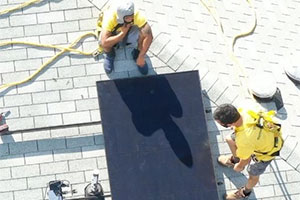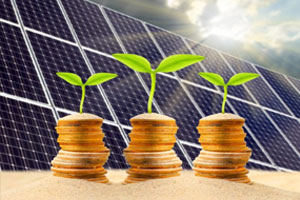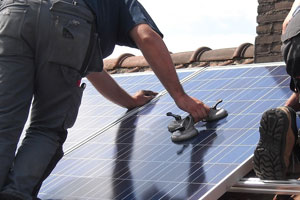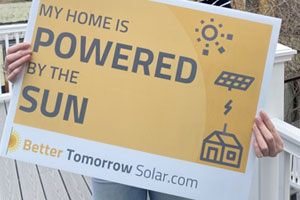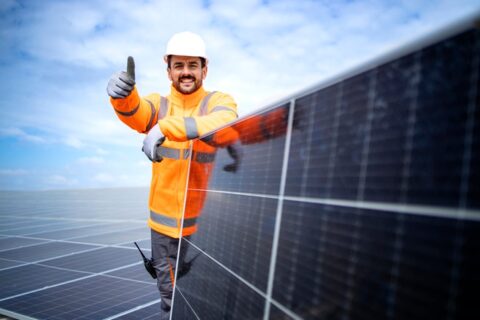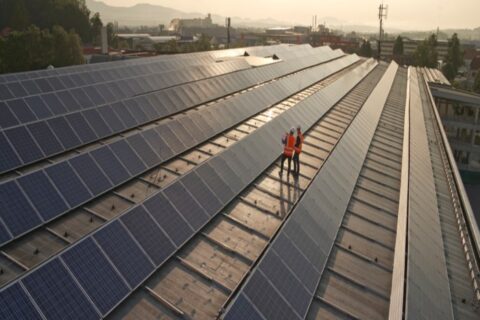What Are the Types of Solar Panels?
The push for renewable energy along with technological advances and cost reductions has caused a surge in solar energy installations. With the various incentives offered by federal, state, and local taxing authorities, solar energy has increased by 50% just in the last decade.
As solar becomes more popular, it’s good to understand the types of solar panels, how they work, and the advantages or disadvantages of each.
The typical solar panel is made up of individual solar cells, each of which is made from layers of silicon, boron, and phosphorus. The boron layer provides the positive charge, the phosphorous layer provides the negative charge, and the silicon wafer acts as the semiconductor. When sunlight hits the surface of the panel, it knocks out electrons from the silicon sandwich and into the electric field generated by the solar cells. This results in directional current which is then harnessed into usable power.
There are three main types of solar panels, the difference being the type of silicon wafers.
- Monocrystalline -These are made from a single pure silicon crystal that is cut into several wafers. These are the most efficient of the three types.
- Polycrystalline – As the name implies, these are made from different silicon crystals instead of just one. The silicon is melted and poured into a mold. Because of the melting process, there’s no waste of silicon material. The downside of polycrystalline panels is that they are less efficient than monocrystalline panels.
- Thin Film– These panels have very fine layers that are thin enough to be flexible. The panels don’t require a frame backing, making them lighter and easier to install. These are the least efficient.
Understanding how solar panels work as well as the different types of solar panels will help you to make the best decision for your particular installation. The experts at Better Tomorrow Solar can offer more information and assistance in making this decision.
At Better Tomorrow Solar, we believe in the overwhelming benefits of using a solar system installation for your home or business, as solar power is a renewable energy resource, can reduce your energy bills, improve your home’s energy efficiency, and reduce your carbon footprint.
Because we believe in our vision and mission so intently, it is our goal to make solar panel installation a reality for as many communities as possible throughout Atlanta GA, and the surrounding metro area. Because we want to make residential and commercial solar installation possible for our communities, we offer expert service and game-changing financing options for solar installations.
For more information about our products or services, visit our website, or contact us at (980) 317-0145, or in Georgia at (678) 532-1000.
